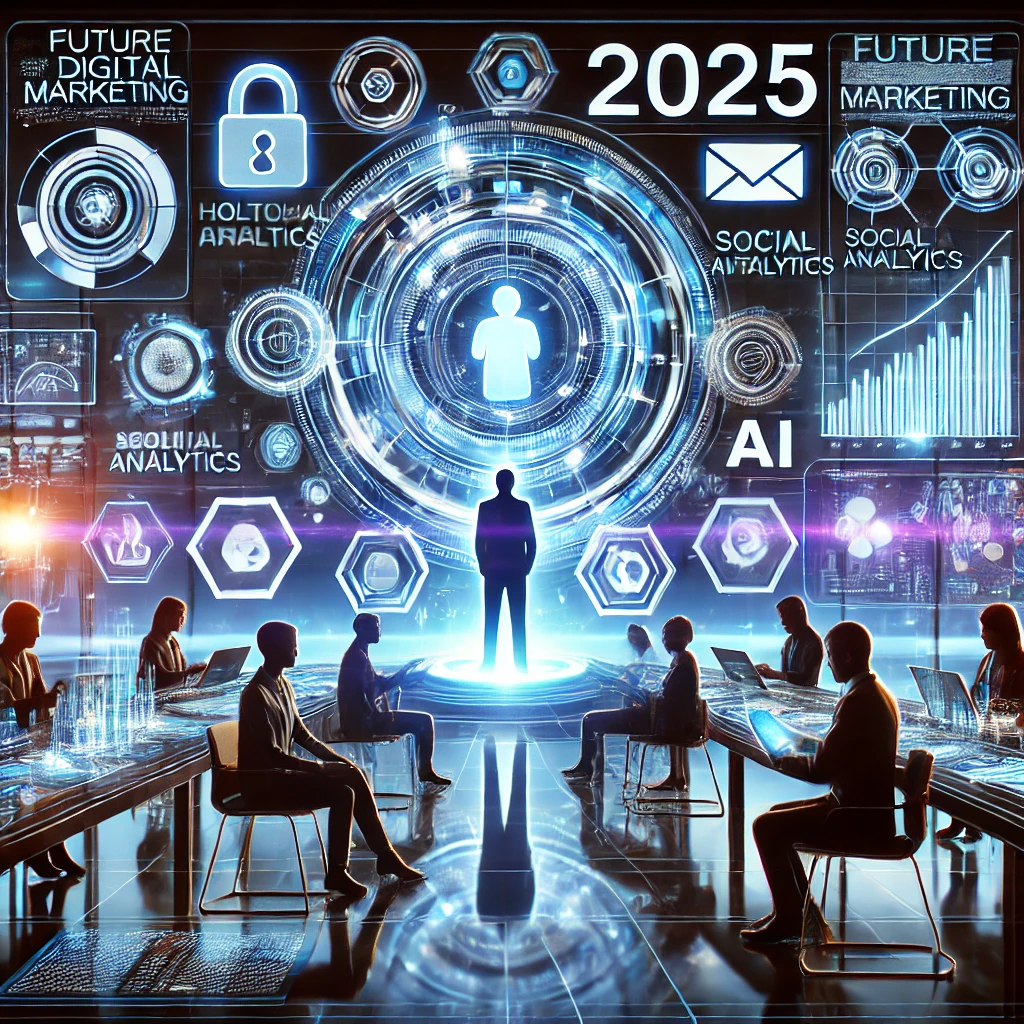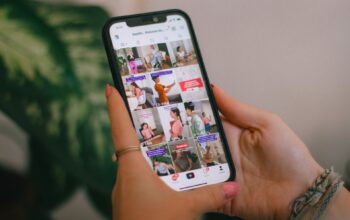As we approach 2025, the digital marketing industry is evolving rapidly. From AI-based personalization to immersive technologies like AR and VR, organizations must reinvent themselves to stay competitive. This article provides an overview of the key digital marketing trends to watch in 2025 and how they can help shape the future of your business.
1. AI and Automation: Beyond Customer Engagement in Digital Marketing Era
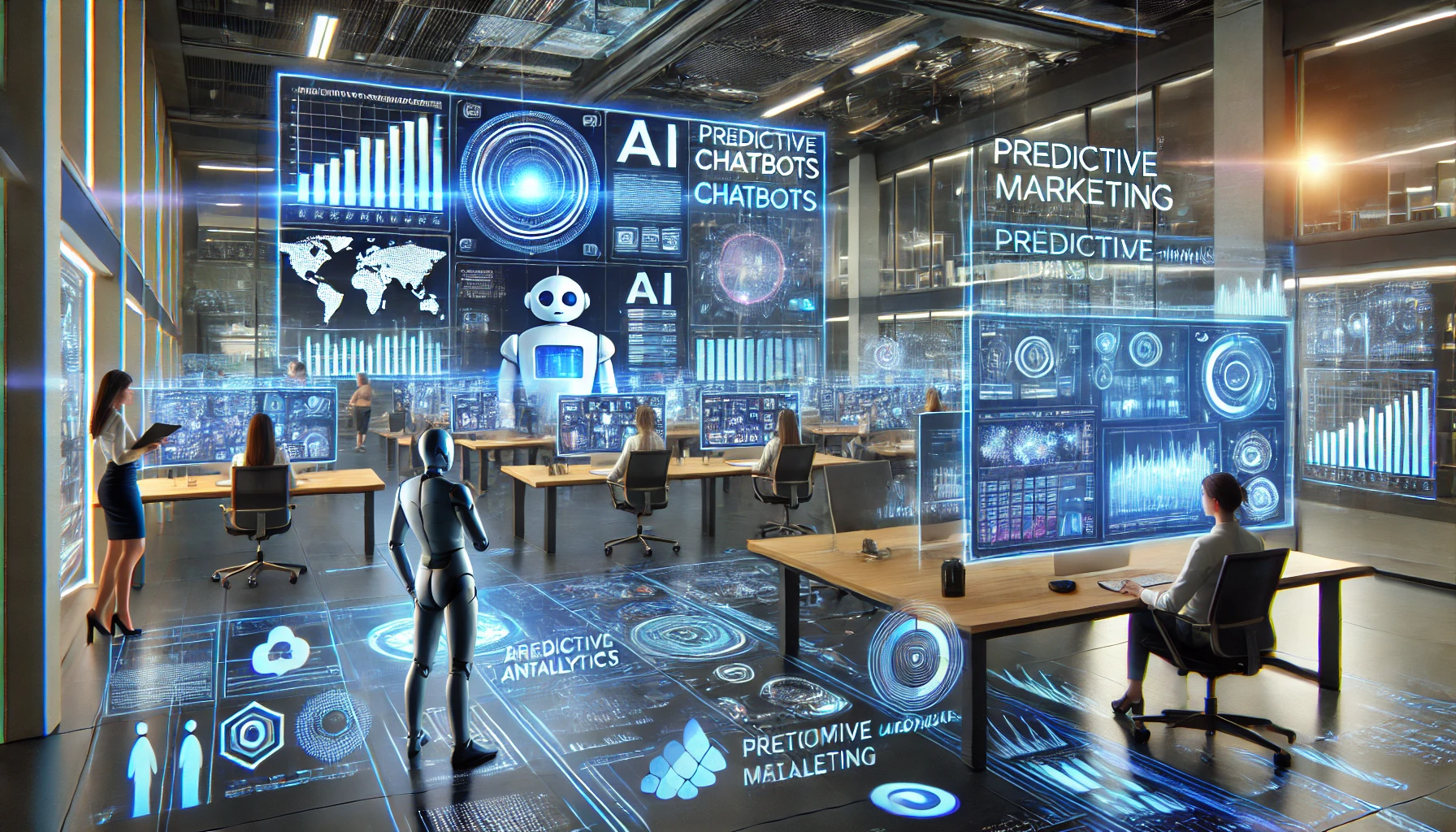
Artificial Intelligence (AI) is already revolutionizing digital marketing, but by 2025, its impact will be even more profound. AI-powered tools will enable brands to deliver hyper-personalized customer experiences, predict consumer behavior, and automate functions with incredible accuracy. These include:
AI-Powered Chatbots: Increasingly, companies will embrace advanced chatbots that are capable of human-like conversations, provide real-time customer support, and drive conversions.
Predictive Analytics: With AI, companies will be able to predict consumer behavior and want with surprising precision, and thus reach the perfect customer with the appropriate message at the right moment.
Marketing Automation: With manual content publishing, lead creation, and e-mail marketing, organizations are capable of automating such processes, facilitate business smooth running, and optimize on more high-end approach.
With automation and AI, brands will gain more improved client experience, boost performance, and also generate increased returns on investment.
2. Voice Search Optimization: Getting Ready for a Voice-Controlled World
The expansion of voice-controlled devices such as Amazon Alexa, Google Assistant, and Apple Siri is transforming the way people search for information online. Voice search will take center stage in SEO and digital marketing in 2025. Remember the following:
Long-Tail Keywords: Human beings will be less likely to converse in a strictly formal manner with voice search, and therefore conversational keyword and phrase optimization will come into play.
Local Search Optimization: As voice search is likely to be more interested in locally pertinent information, businesses will have to get their content SEO-optimized to pull voice-conducted search traffic.
Speed and Accessibility: Voice search results need to be fast and accessible, so having your site mobile-friendly and voice query-optimized will be imperative to staying competitive.
In order to stay competitive, businesses must start optimizing their content for voice search today, ensuring their presence is strong in this voice-controlled world.
3. Augmented Reality (AR) and Virtual Reality (VR): The New Frontier in Customer Experience
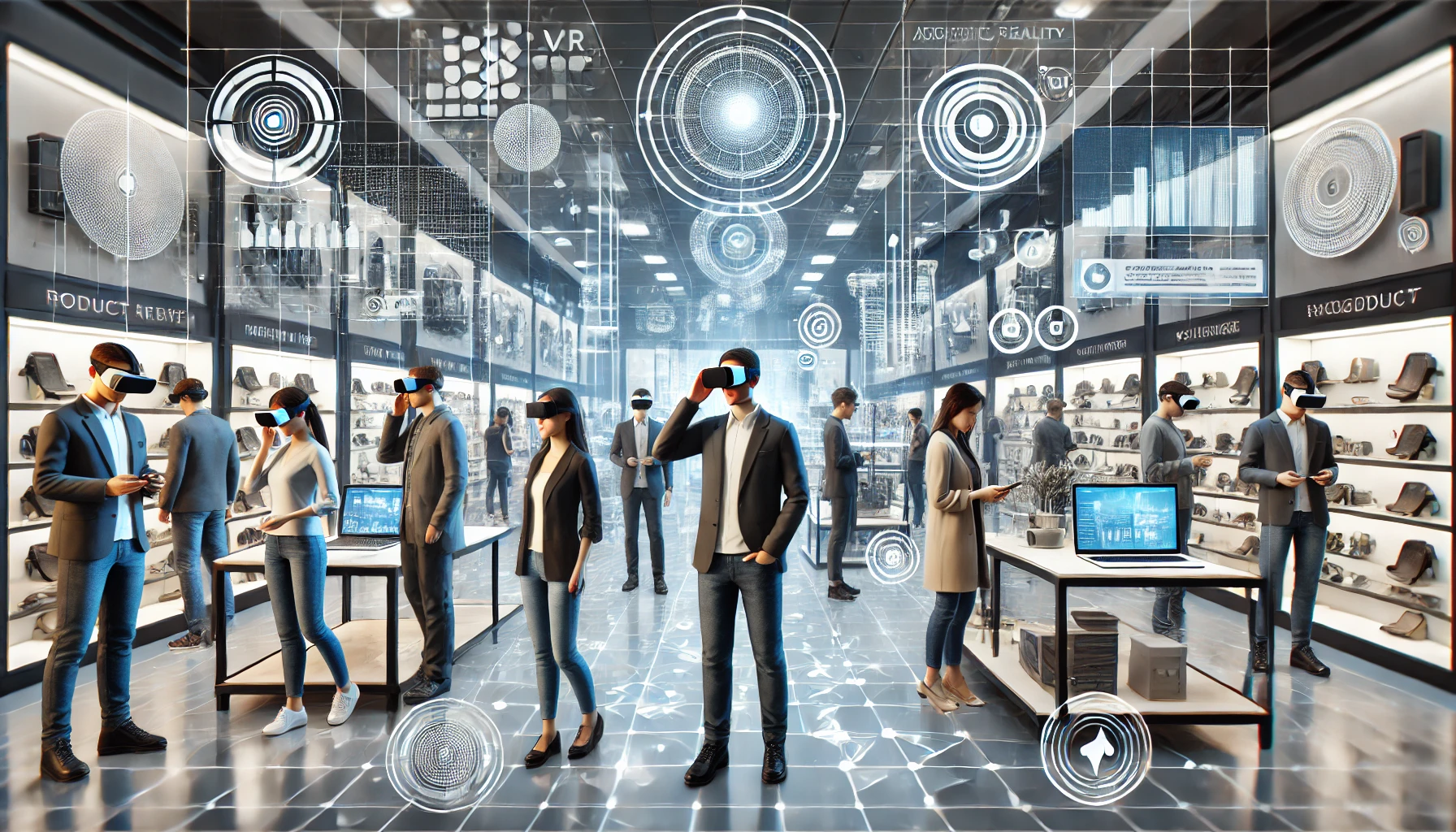
AR and VR will be at the forefront of creating immersive digital experiences in 2025. The technologies are no longer new but are now strong customer interaction tools in various forms. This is the way AR and VR are revolutionizing digital marketing:
Virtual Product Demonstrations: Brands will utilize VR more extensively to allow customers to visualize products in virtual environments before making a purchase. For example, IKEA already allows individuals to visualize how pieces of furniture would look in their homes with AR.
Interactive Shopping: AR is able to create interactive shopping where consumers are able to try out clothing, cosmetics, or visualize products in real-time 3D, enhancing online shopping.
Immersive Brand Campaigns: Companies will use VR to create immersive marketing campaigns that immerse their audience in a way traditional media cannot.
As AR and VR technologies become more accessible, organizations that use such tools in marketing will not only bond customers at a deeper level but will also be in a position of distinct advantage in the growing competitive virtual space.
4. Social Commerce: Merging Social Media and E-Commerce
Social media platforms have evolved from being just a place to upload photos and updates. As a result, social commerce — offering products directly through social media platforms by 2025 — will become a major sales driver. This is why:
In-App Purchases: Social media apps like Instagram, Facebook, and TikTok are already integrating e-commerce functionality, allowing customers to purchase items from ads or posts without having to leave the app.
Shoppable Livestreams: Livestream shopping events go more mainstream as brands and influencers coordinate live shopping events with fans, allowing them to buy while it’s happening.
Social Proof and Reviews: Social platform user-generated reviews will continue to be among the top drivers of purchasing behavior, and therefore establishing robust communities and trust is the solution for brands.
Social commerce in 2025 will transform business interactions with the audience, breaking down the divisions between entertainment, purchase, and social interaction.
5. Consumer Trust and Data Privacy: Surviving New Rules in Digital Marketing Era
As concerns around data privacy remain on the rise globally, consumers are becoming more and more cautious about sharing their personal details too. Brands also have to ensure ethical practices of data handling in order to retain trust. Following are a few things that businesses should not forget:
GDPR and CCPA Compliance: Laws such as GDPR (General Data Protection Regulation) and CCPA (California Consumer Privacy Act) will keep dictating the way brands approach collecting and storing information. There will be more stringent rules in place by 2025, and offending companies could face heavy fines.
Transparency around Data Use: Consumers want to know how they use their data, and the brands that do this will establish deeper trust among customers.
Privacy-First Advertising: By utilising privacy-first marketing strategies such as the adoption of first-party data and provision of opt-in consent forms, companies can create more consumer-centered, ethical advertisement campaigns.
As customers become more discerning with their data, brands must balance personalization and privacy to lead in 2025.
6. Sustainability and Ethical Marketing: The call for Conscious Consumerism
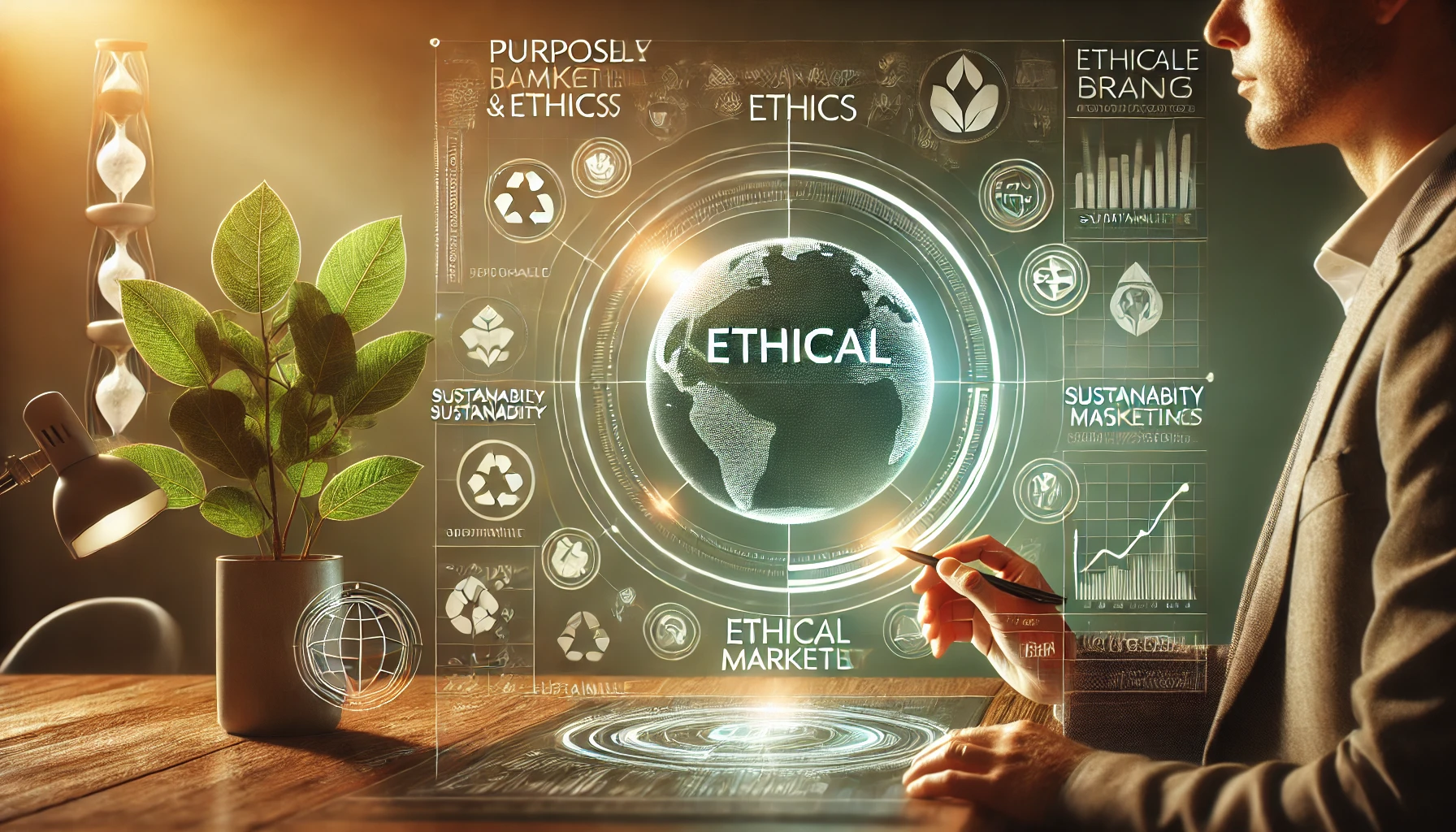
More than ever, consumers are becoming environmentally and socially conscious of the impact of what they buy. Brands that align their digital marketing initiatives with ethics and sustainability in 2025 will gain an edge. Here’s why:
Eco-Friendly Products and Communication: Companies will go on to advertise their green products and processes using internet media, in response to the growing demand for green products.
Purpose-Driven Advertising: Brand advertisements will appeal to social causes, promoting companies that believe in something beyond simply generating money.
Consumer-Brand Congruence: Consumers will expect brands to be authentic in their communications and align their values. Brands that fail to do this risk losing credibility and customer loyalty.
Ethical marketing is not a trend; it’s an international shift that’s here to stay. By embracing sustainability, businesses can make more meaningful connections with their consumers and win over the conscious consumer of 2025.
Embrace the Future of Digital Marketing
The marketing landscape in 2025 will be more fast-paced and competitive than ever. With voice search and AI on the rise to social commerce, AR, and VR, brands that are trendsetters for these technologies will thrive in a larger, vastly interconnected, technologically driven universe.
To survive, brands must embrace innovation, customer-centricity, and transparency with their data management. By doing this, not only will your marketing improve, but you will also build long-lasting relationships with customers across the globe. The future of digital marketing is thrilling — are you ready?

